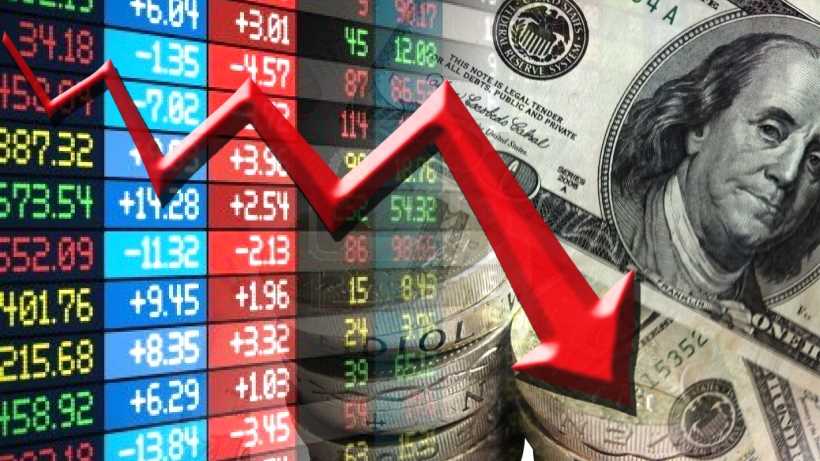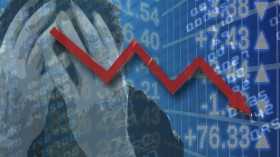
Source: Composite image by G_marius
The global financial crisis can be seen as a temporary crisis or as the beginning of a fundamental change of model.
The crisis has created impacts at many different levels. Not only the causes but also the consequences of the financial crisis are now being assessed by governments and analysts. The sustainability of the current pension systems has been endangered. As a result of the crisis we may be forced to raise retirement age. Unemployment and evictions have been other dramatic consequence. Some countries are already implementing drastic labor reforms. Short-termism and inappropriate regulation incentized excessive risk taking by bankers contributing to the real state bubble and to the weakness of the financial sector. Many lending institutions disappeared or had to be rescued by governments. Free flow of capitals and interconnectedness also contributed to the contagion effect. Loopholes in fiscal regulation and tax havens have been accused of exacerbating the effects of the crisis. The question is whether the Global Financial Crisis may have really triggered a change of the economic, political and social model or if things will remain mostly the same.
Are our political and economic elites doing enough to make sure another similar financial crisis would be prevented? Are the reforms going to be deep enough or we will continue working business as usual?
If you change your mind, you can change your vote simply by clicking on another option.
New to netivist?
Join with confidence, netivist is completely advertisement free. You will not receive any promotional materials from third parties.
Join the debate
In order to join the debate you must be logged in.
Already have an account on netivist? Just login. New to netivist? Create your account for free.
You are viewing a filtered list of comments. Click the button above to view all comments.
I don't think the main problem is public debt. There are many other issues that need to be addressed such as a better regulatory framework in the case of the new securities (some of which should be directly banned), monitor the directorates of banks and link their bonuses to mid or long term objectives, start questioning some of the assumptions of economic theory, etc. I think the crisis demonstrated the failure of the ultra-liberal ideology which assume that capitalism by itself prevents this kind of crisis (let's read a bit closer Minsky)
Well, it's clear that public deficit is a mistake, especially when it's structural. I could understand that governments could spend more than what they earn but just for limited period of times (downturns). The present system is totally crazy: when there is growth, public deficit is not seen as an issue, when actually it contributes to an artificial growth. When there is a downturn, everybody is obsessed by reducing deficit, and this reduction usually makes the crisis bigger and longer. I believe that states should have budgetary surplus as a rule, and use the surplus of many years as a fund in case of economic downturn. The thing is in many western country, budgetary surplus has not been achieved in decades....
No (positive) change is possible while western (+Japan) governments spend as % GDP and public debt continue to increase unchecked, all of which to support crony capitalism and unaffordable "social benefits'"
Join the debate
In order to join the debate you must be logged in.
Already have an account on netivist? Just login. New to netivist? Create your account for free.


















